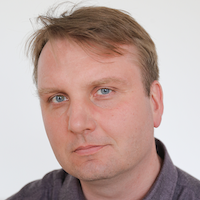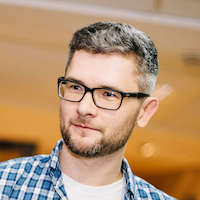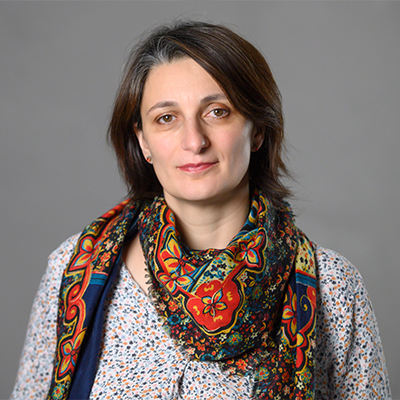Hi from Warsaw,
a few days ago, we celebrated International Transgender Day of Visibility, which raises awareness of discrimination faced by transgender people worldwide. This week, we decided to look at the situation of LGBTQ people in different European countries. The conclusion: the rights of this community are increasingly being respected in Europe.
The frontrunner is Spain. Nowadays, to change your gender on your identity card here, all you have to do is go to an office and wait a few months.
Even in Poland, while politicians still try to divide society by targeting the LGBTQ community, the majority of the population is in favour of many rights for sexual minorities.
The fastest changes are taking place in Ukraine, as the war is forcing people to take a more pragmatic attitude. Gays and lesbians are fighting side by side on the frontline with heterosexuals. They feel that they are just as full-fledged soldiers as them.
After all, it’s only about love, and that leaves no choice. We invite you to read our 26th European Focus newsletter!Michał Kokot, this week’s Editor-in-Chief
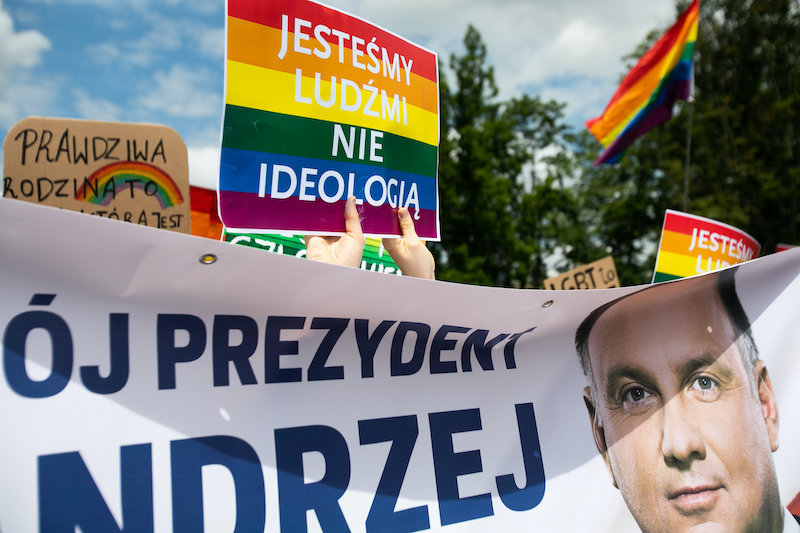
“Gender ideology and the LGBT movement threaten the identity, the nation, its continuance and the Polish state” – Jaroslaw Kaczynski, chairman of Poland’s ruling right-wing and populist Law and Justice (PiS) party, said in 2019.
In June 2020, during the campaign for the presidential election, President Andrzej Duda, who hails from PiS and was standing for re-election, also spoke on this issue: “They try to tell us that [LGBT] are people, but it is an ideology.”
These are examples of homophobic hate speech used by major Polish politicians in the parliamentary (2019) and presidential (2020) campaigns. Both were won by PiS and Duda.
But this triggered a counter-effect. What followed were mass coming-outs by the young all over the country, not just in big liberal cities. Many PiS voters have realised that this was not due to “LGBT ideology”, it was their gay, lesbian, transgender children or grandchildren realising their identities.
Paradoxically, those homophobic campaigns, cynically unleashed for political gains, were a wake-up call for many Poles. In 2022 Poland saw record support for at least civil unions of same-sex couples – 64 percent are in favour of them.
It seems Poles have found a social consensus, but society lacks the political will to change. The ruling PiS party will refuse to pass a law supporting LGBT people. But even those politicians are aware of this social shift. The topic of “LGBT ideology” has already disappeared from their political agenda.
Poland’s parliamentary election will be held in autumn. The two main opposition parties – Civic Platform and Poland 2050 – have announced the introduction of civil unions. The third one – New Left – supports marriage equality. It depends on this election whether the Polish authorities will finally begin to respect human rights, or whether Poland, however, will continue to resemble Putin’s Russia.
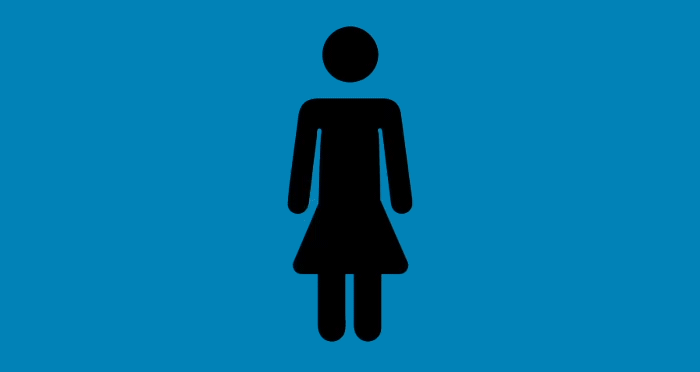
Since this March, it only takes four months to legally change your gender in Spain. Parliament has passed a LGTBQ protection law that keeps Spain on track to be one of the most progressive countries in LGTBQ issues, at least on paper.
In the past, a trans person needed a medical diagnosis of gender dysphoria and two years of hormone therapy. Now, all you have to do is inform the civil registry that you want to change your gender, come back three months later and wait another month. This avoids the “pathologisation” of trans people.
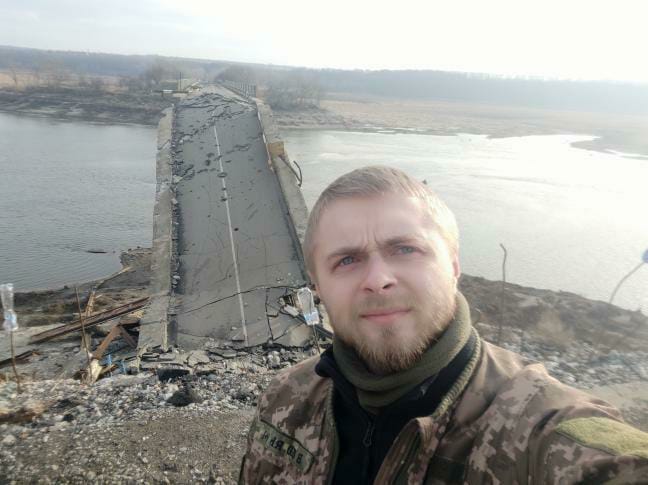
Petro Zherukha is reserved and soft-spoken, and not the usual kind of man you would expect to see in military uniform. Until last year, he spent his time debating at a book club, playing chess, and, above all, playing music, as he was studying at the music academy in Lviv. Now he is a volunteer in the Ukrainian army.
Petro has made a similar life-change to hundreds of thousands of Ukrainians, but another detail made his journey specific: he is homosexual, and in war, this brings complications. The issues are not social: in many interviews, Ukrainian gay and lesbian soldiers have said how they do not experience discrimination either from their comrades, or from their superiors. On the contrary, when you see people from different walks of life defending the same values as you, taking the same risks as you, and suffering as you do, this builds loyalty. The problems start when homosexuals move from the field of battle to the field of law.
In Ukraine, only relatives can visit a person in intensive care, identify the remains in a morgue, or be the legal representative of the deceased. A gay couple may live together for 30 years ― but legally they are strangers. Petro wants to change this. He is pushing for a new law on civil partnerships for same-sex couples ― a more inclusive alternative to what his country has traditionally considered a family.
“Now I’m sitting on a bag of sugar in a house under shelling,” Petro wrote in a post asking for support for the petition to pass the law, “My private life is on pause, but I still think this law is timely. I am fighting for an Ukraine where there is no discrimination, and where everyone can defend their relationships.”
Within five days, the petition gathered 14,000 signatures. Parliament is expected to discuss the draft in the spring. The legal space in Ukraine is still lagging behind people’s attitudes and experiences, but society is bringing change.
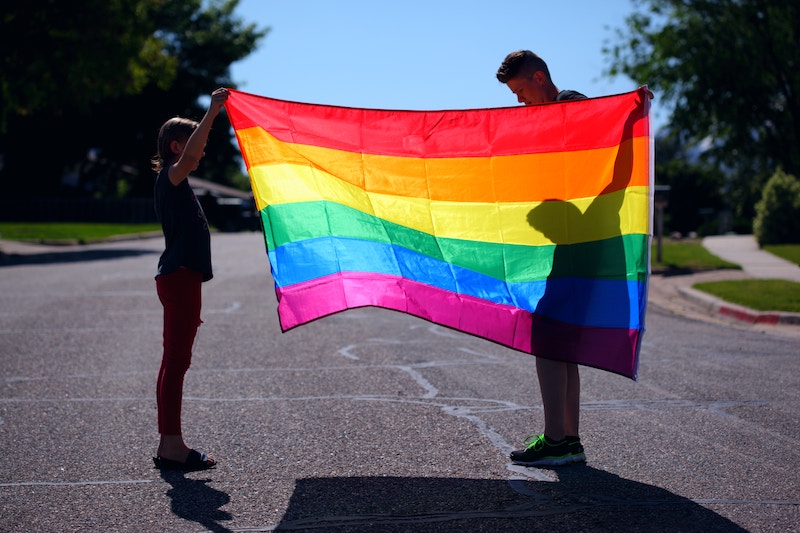
After attacking media freedom, Giorgia Meloni’s government has taken on rainbow families and disowned same-sex parenthood. The Italian Ministry of the Interior has forced Milan’s progressive mayor Beppe Sala to backtrack in recognising rainbow families, by instructing him to stop registering the children of same-sex parents.
Sala denounced this problem at a press conference in Strasbourg, while dozens of progressive mayors protested against the government’s decision. This is a further step in the erosion of the rule of law in Italy, the European Parliament stated last week.
In December 2021, the EU Court of Justice ruled that “a child who has same-sex parents according to a birth certificate drawn up by the host Member State must be issued an identity card or a passport by the Member State of her nationality and must be able to exercise her freedom of movement in the EU with each of her parents”. The “Stolichna obshtina, rayon Pancharevo” case inspired the EU Commission’s proposal for a regulation. It expects that “parenthood established in a Member State of the EU should be recognised in all the other Member States”.
But for this proposal to be approved, unanimity is needed, and Meloni seems to prefer an “Orbanisation” of Italy.
It’s not that hard to spot a trend: one year ago, after his re-election as prime minister, Hungarian prime minister Viktor Orbán declared that “gender is the main problem in Europe”. His anti-LGBT laws have become notorious. But he was inspired by the Polish Law and Justice party: in 2020, Andrzej Duda’s presidential campaign was also marked by anti-LGBT rhetoric.
Now that Meloni is in power, she is using the same tactics, to cover her failures under the veil of propaganda.
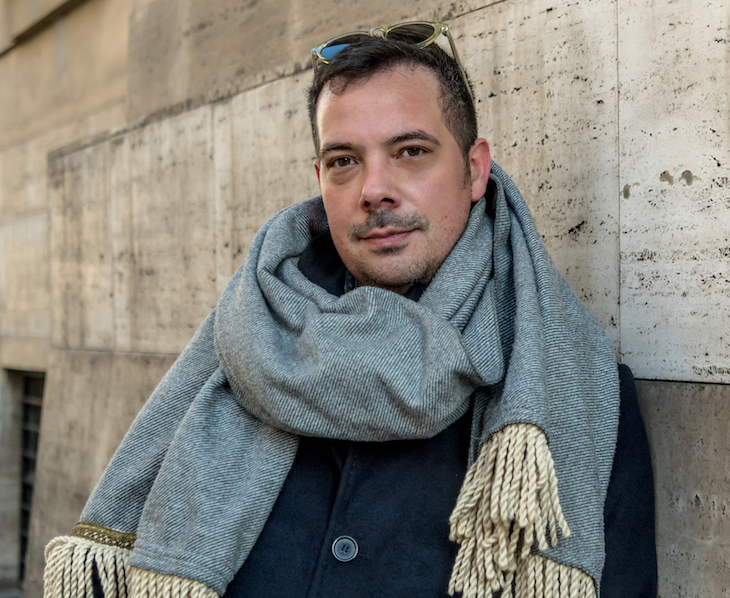
András Léderer, head of advocacy at the Hungarian Helsinki Committee on a recent attack against the LGBTQ community in Hungary.
“Here’s some good news. Uganda’s parliament has passed an anti-LGBTQ law so that pansies who marry will be executed” – a prominent Hungarian pro-government journalist András Bencsik recently made this comment on one of the most watched Hungarian pro-government TV channels.
In Hungary, homophobic propaganda has a long history, how did we get here?
Bencsik’s remarks are the latest in a series of choreographed narrative and legislative attacks against the LGBT community. This began with a threatening statement by the Prime Minister Viktor Orban on the international day against homophobia in 2015, where he spoke about “us, Hungarians” and “them, having a different lifestyle”.
The next seven years saw a war on gender studies, constitutional amendments that bring exclusionist positions into key laws, banning legal gender recognition in practice and same-sex couples’ right to adopt children, mixing paedophilia with belonging to the LGBT community, banning the discussion and portrayal of LGBT content for under 18s, and organising a national referendum on questions such as whether voters support the promotion of gender-reassignment for minors.
What could be the purpose of Bencsik’s statement?
Bencsik is testing how far the rest of the state’s propaganda machine is willing to go in attacking LGBT rights.
What are the consequences of such a statement?
Whether he manages to expand the limits of what is acceptable to say as propaganda partially rests on the public response to such statements. The normalisation of hate can only happen when the rest of society is silent.
Secondly, there are people who are beginning to understand their identity, and where they orientate their affections. It matters greatly if they hear that people like them are worth executing, and that is all they hear.
Thank you for reading the 26th edition of European Focus,
Decades have passed since the first people started fighting for gay and lesbian rights and later for the entire LGBTQ community in the US. Nowadays, however, social change is happening so fast that we may not have to wait so long.
Which is what I wish for all Europeans.
See you in two weeks!
Michał Kokot

